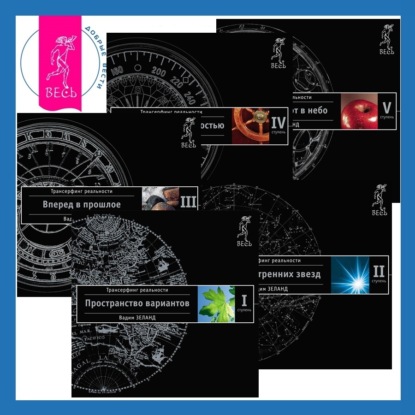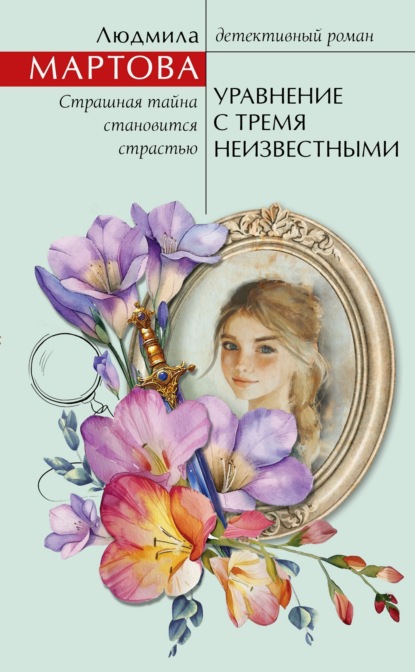Excerpt from Catalogue of Paintings
An alphabetical arrangement by the names of artists, or by schools where the artists are unknown, is followed in this book. In the attempt to solve the problem of numbering a rapidly growing collection of paintings, the experiment has been made here of adapting the C. A. Cutter system, long in use in libraries. To use the catalogue it is not necessary to be familiar with the system of numbering, but for those who may be interested an explanation follows. It consists of a combination of letters and numbers, composed of the initial letter of the author's name followed by numbers that represent the succeeding letters of the same, so that additional entries can be inserted without disturbing the sequence of the letters or the numerals. By this system the number, instead of being an arbitrary tag affixed to the picture, has a logical connection with it and its place in the catalogue, and the usual finding list is done away with. The plan has the advantage of being thoroughly logical and flexible, and the compilers of this catalogue believe that it will be considered an improvement over the prevailing methods, at least for the purpose of this collection.
The C. A. Cutter Two-Figure Author Table, which has been used in numbering this collection, calls for one letter for names beginning with a consonant (except S) and two for names beginning with vowels or S. Thus Ab1 is Abbey and R28 is Rembrandt. When it is necessary to make a close classification an additional number is used. Thus M61 is Millais, J. E.; M611 Miller, C. H.; M612 Miller, R. E.; M613 Millet, F. D.; M614 Millet, J. F. The number after the dash indicates the order of acquisition of works by an artist. Thus R28-1 is the first painting by Rembrandt acquired by the Museum; R28-2 is the second; and so on. Works lent begin with 51 after the dash. Thus, following the nine paintings by Stuart owned by the Museum come the Stuarts lent, which begin with St9-51. To indicate that a picture is the work of an unknown artist of a certain school, a capital S is added.
About the Publisher
Forgotten Books publishes hundreds of thousands of rare and classic books. Find more at www.forgottenbooks.com
This book is a reproduction of an important historical work. Forgotten Books uses state-of-the-art technology to digitally reconstruct the work, preserving the original format whilst repairing imperfections present in the aged copy. In rare cases, an imperfection in the original, such as a blemish or missing page, may be replicated in our edition. We do, however, repair the vast majority of imperfections successfully; any imperfections that remain are intentionally left to preserve the state of such historical works. Это и многое другое вы найдете в книге Catalogue of Paintings (Classic Reprint) (Bryson Burroughs)















